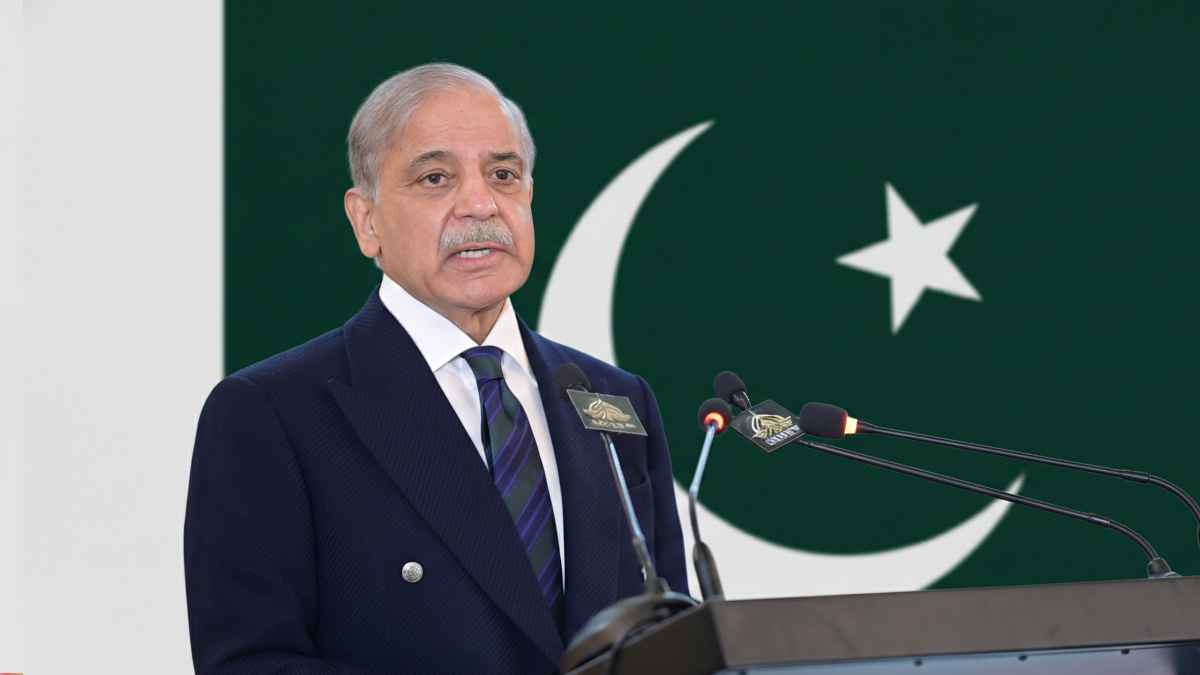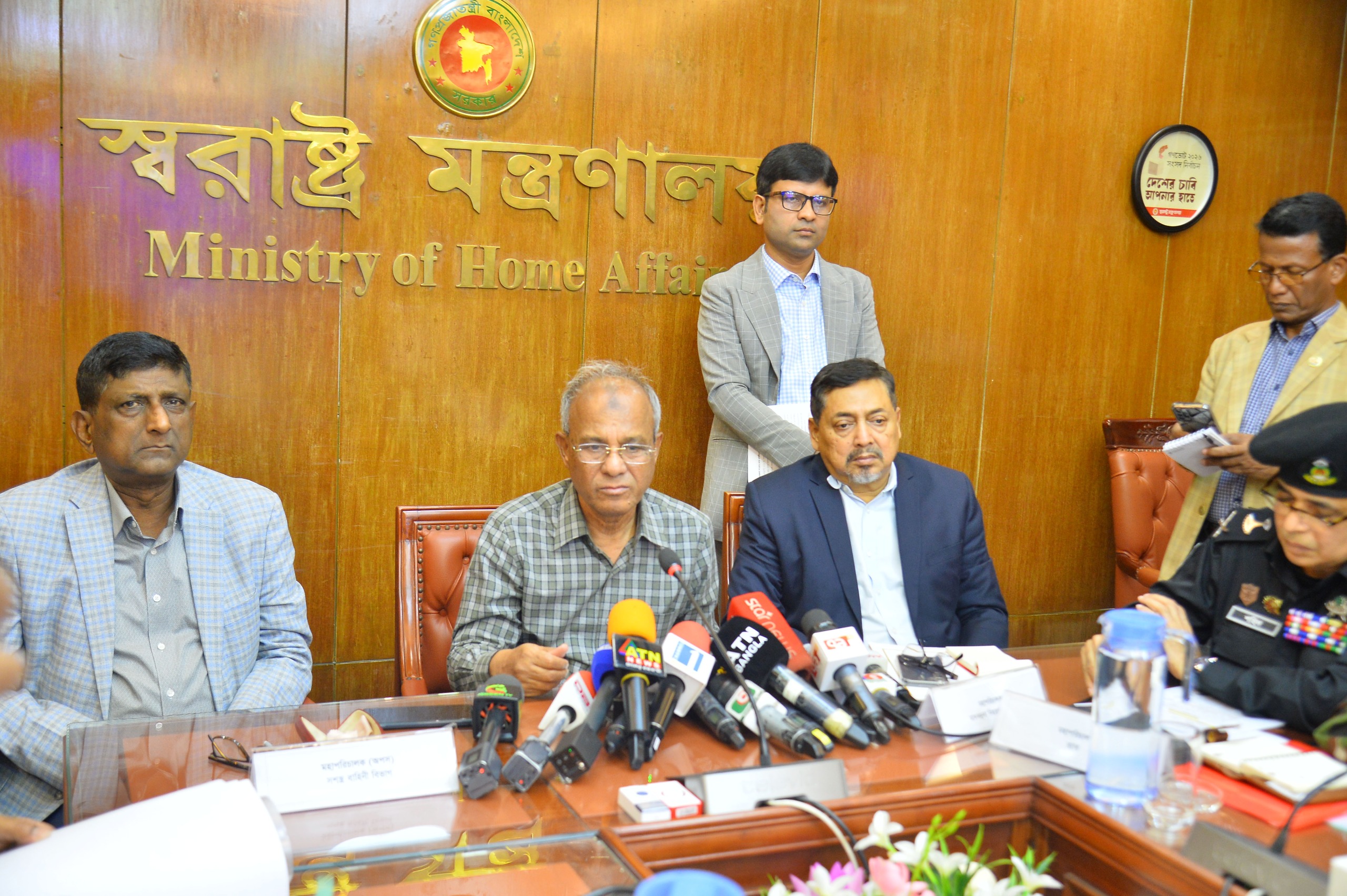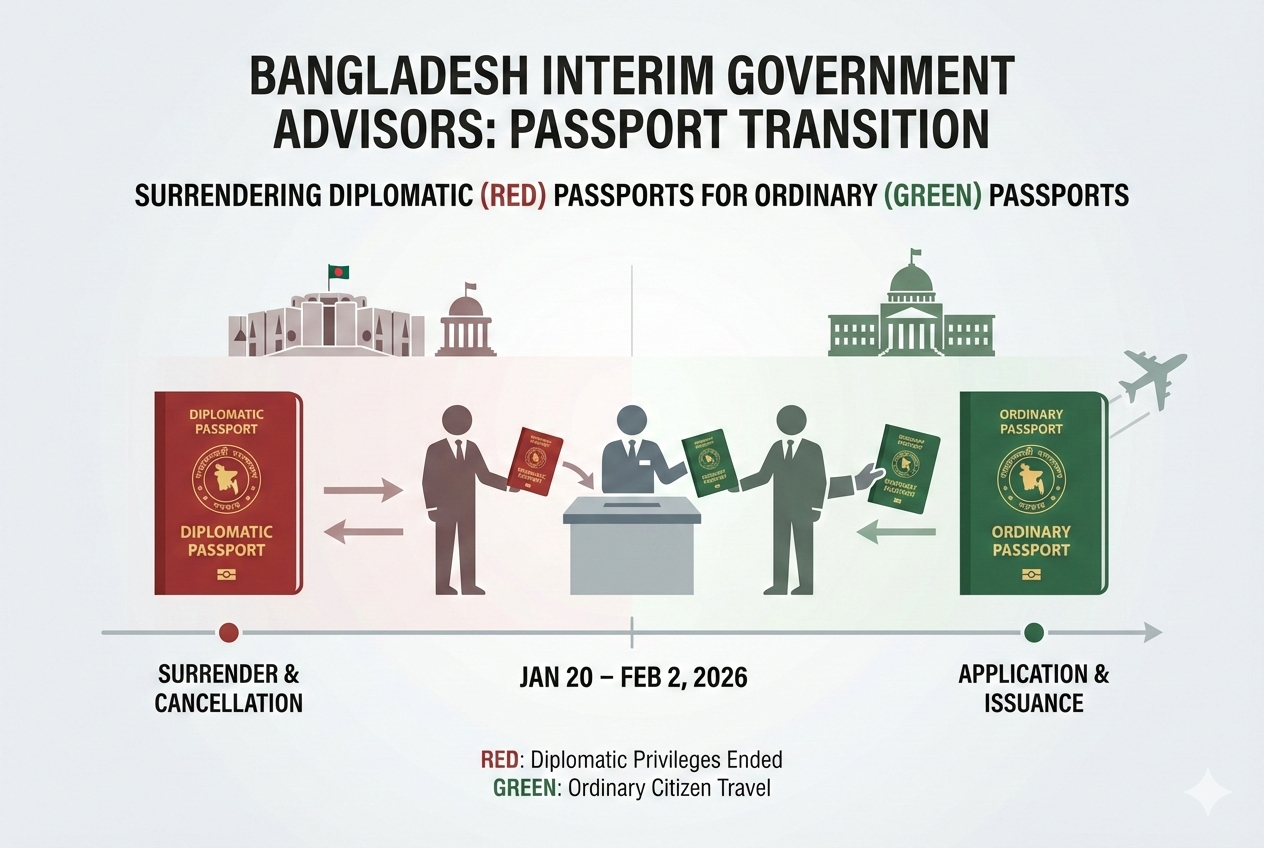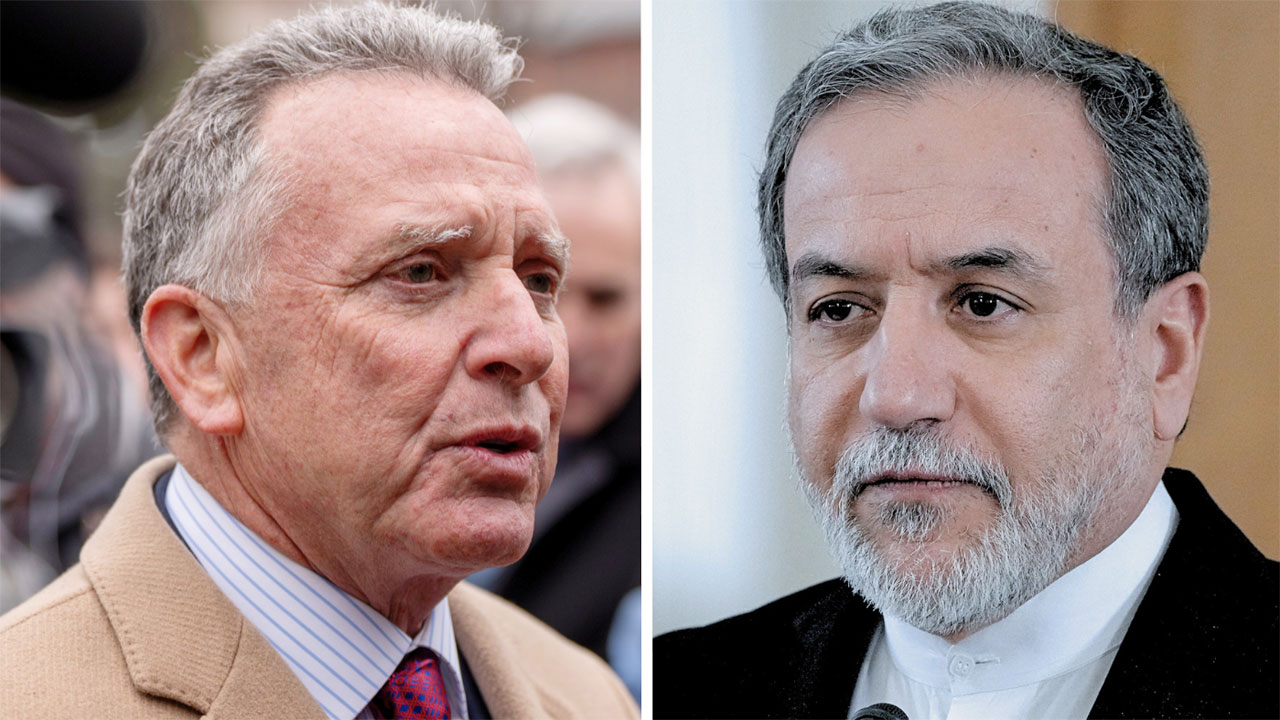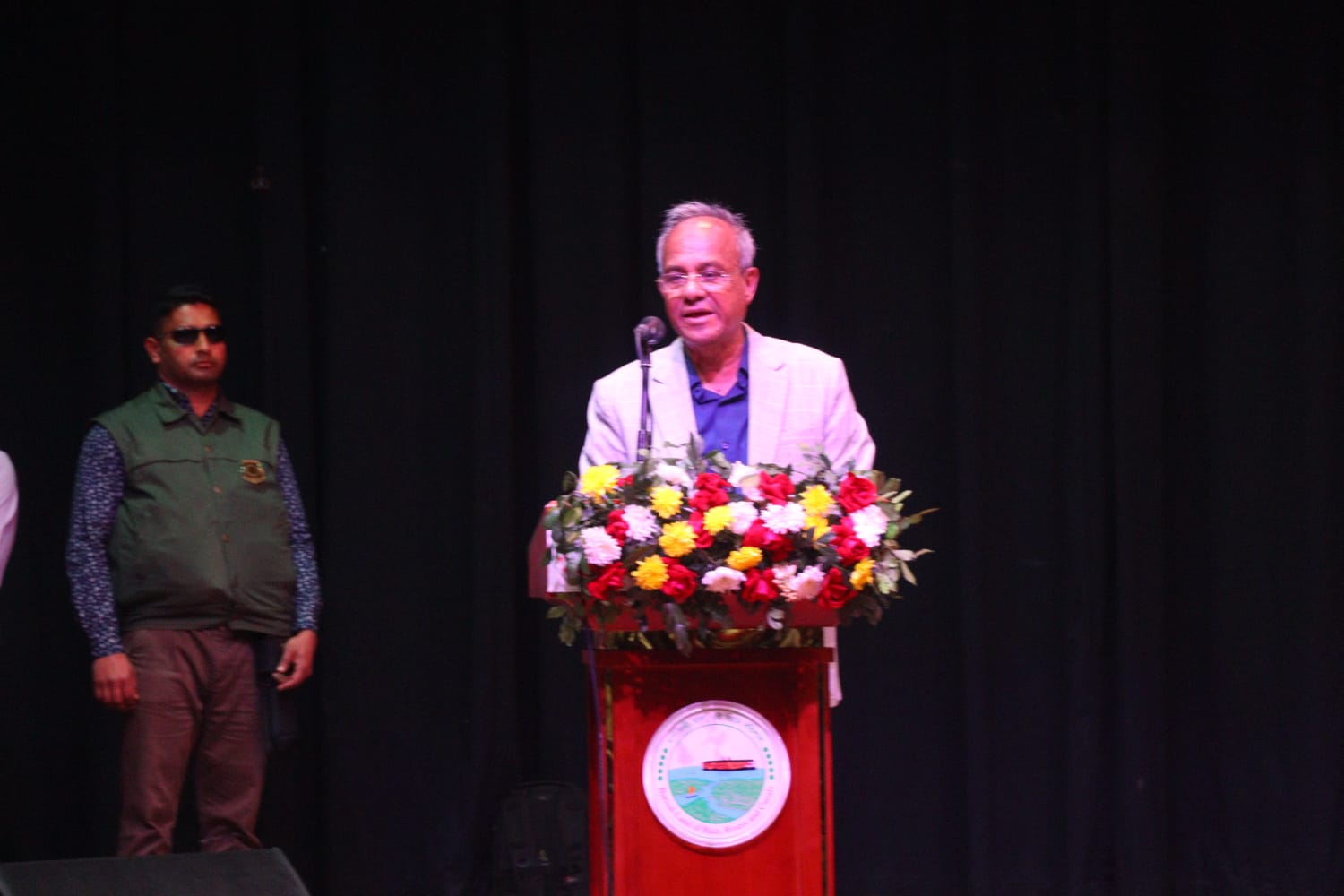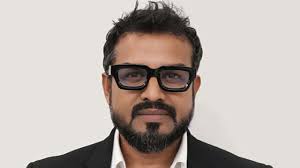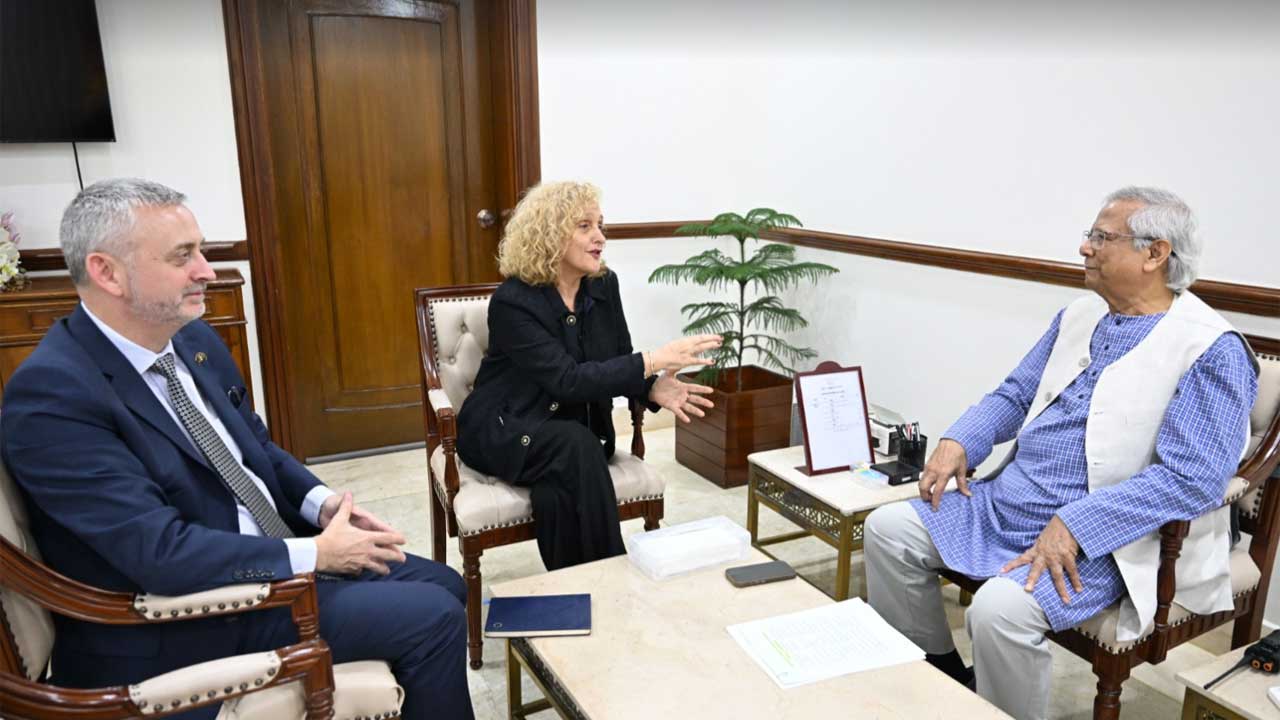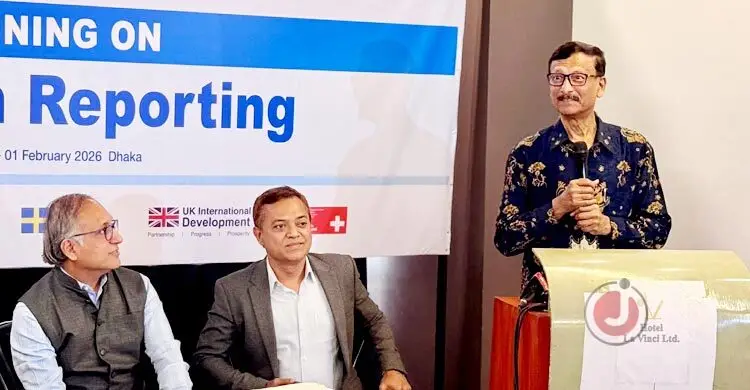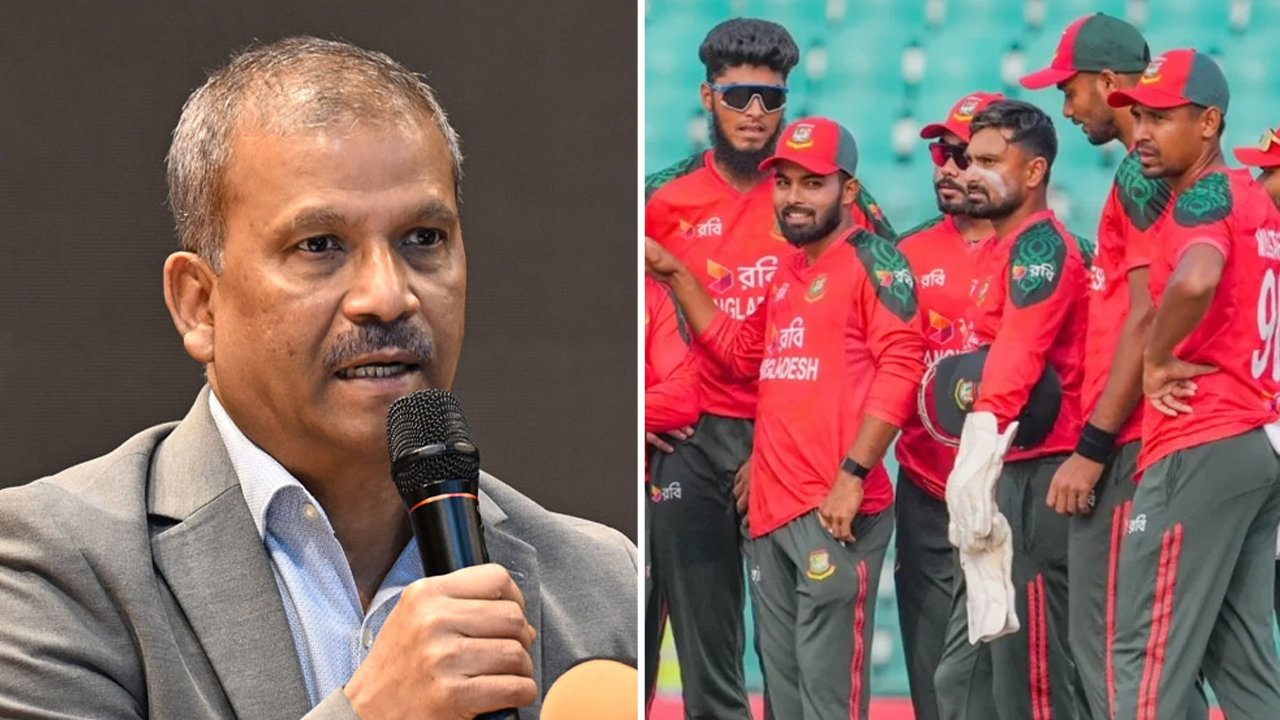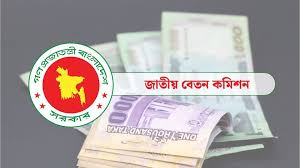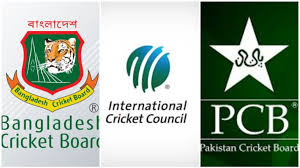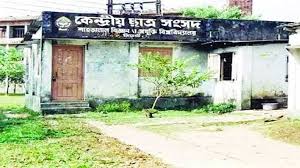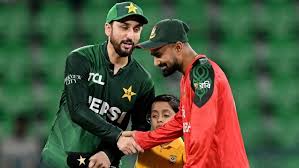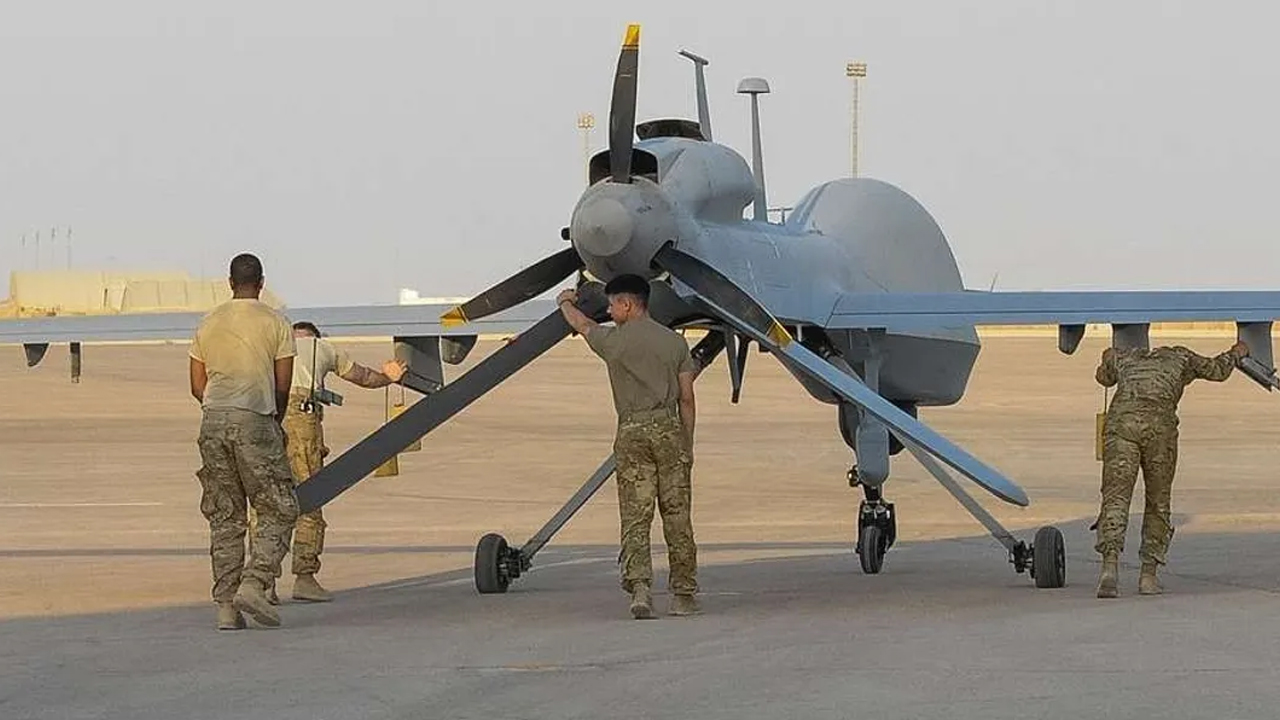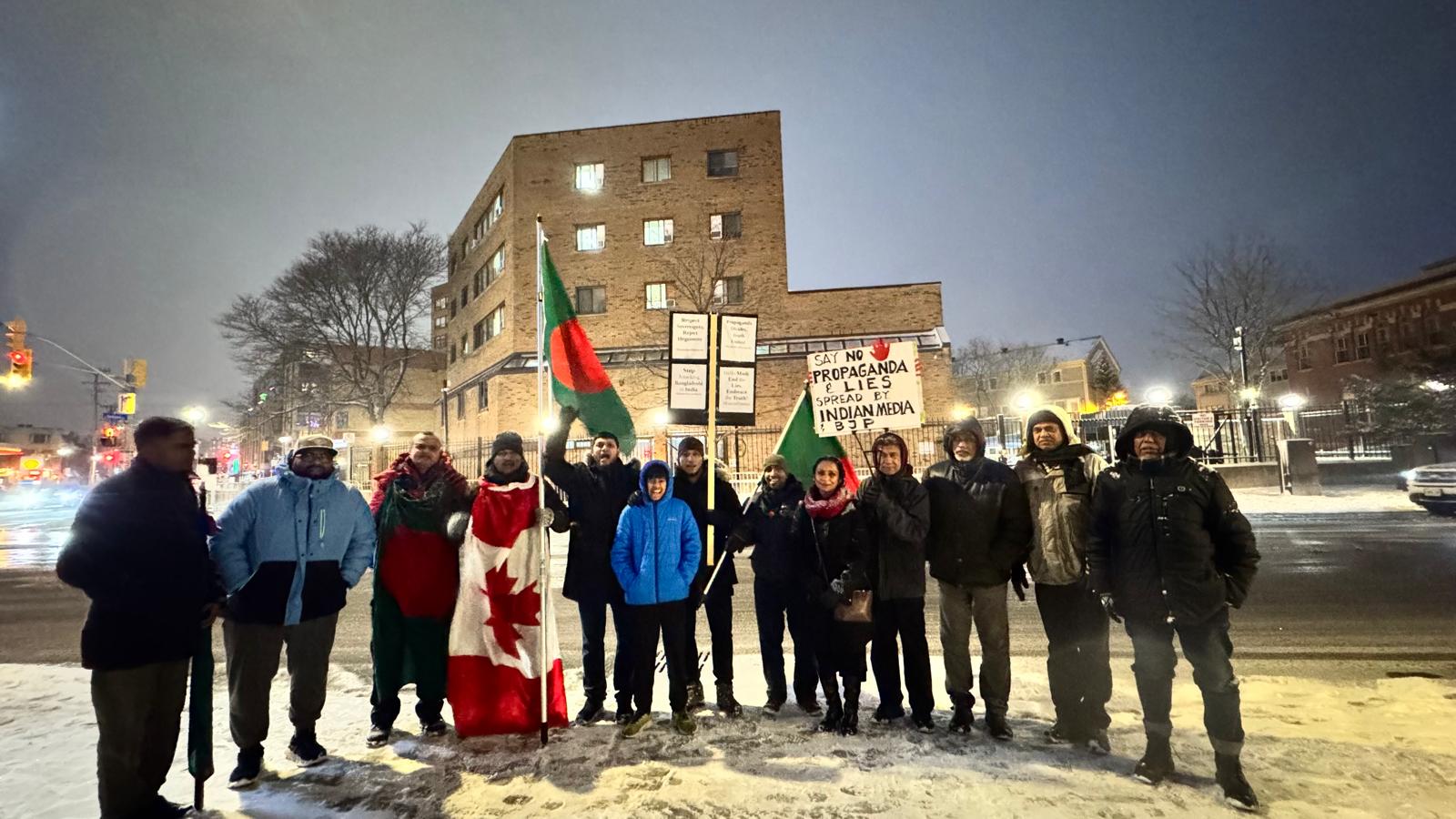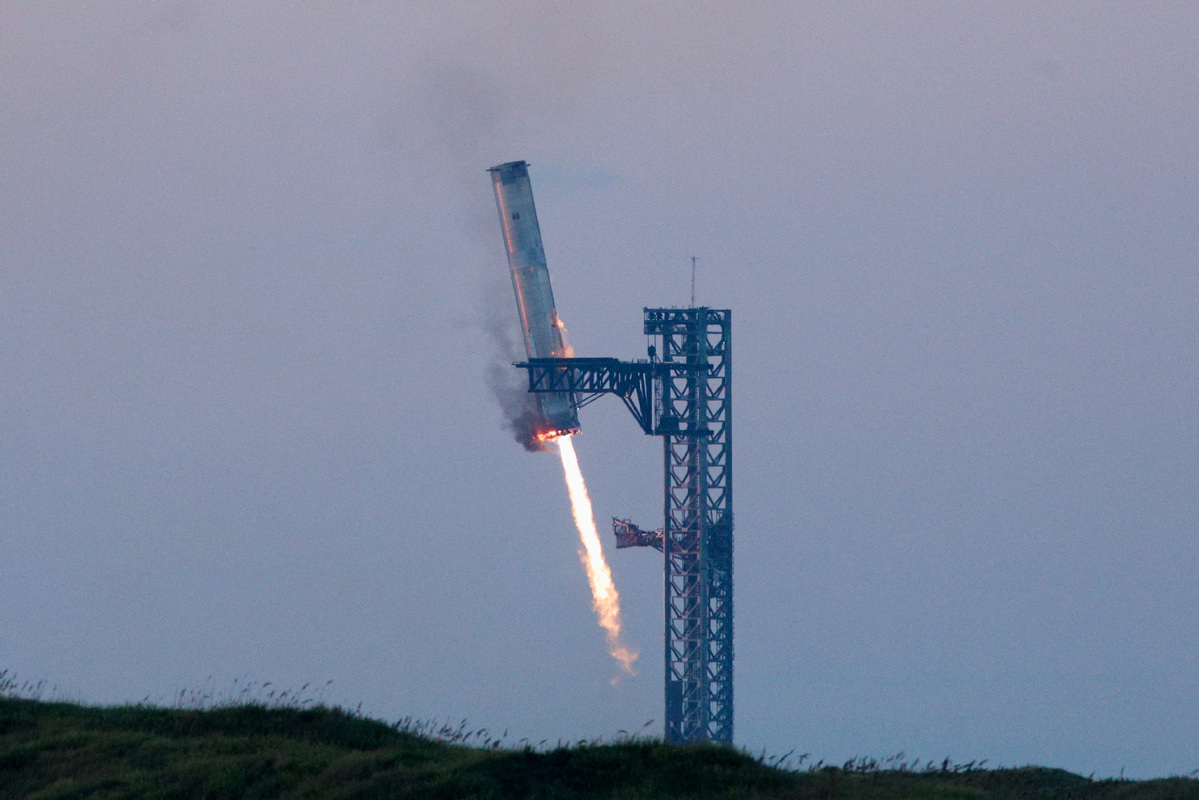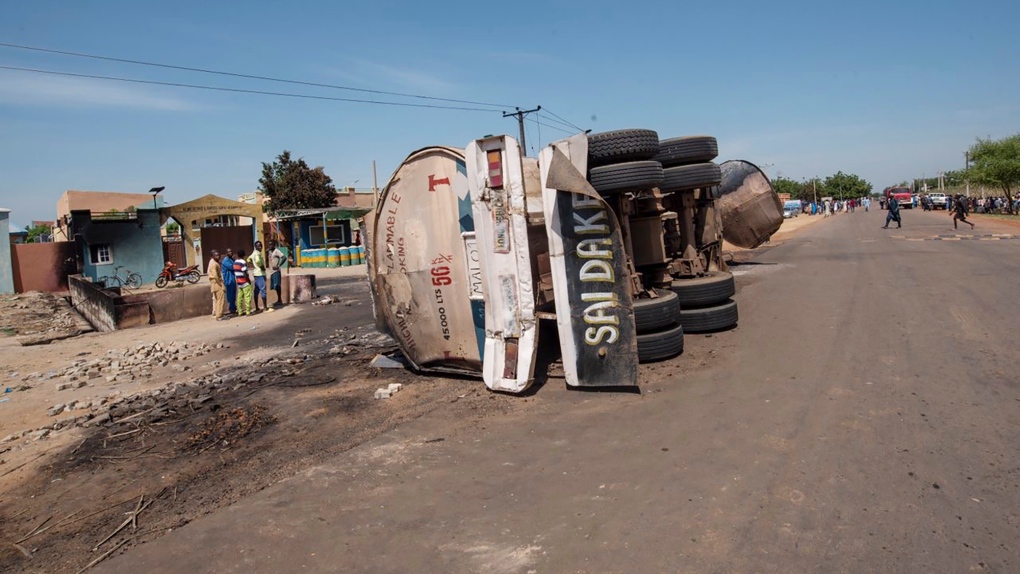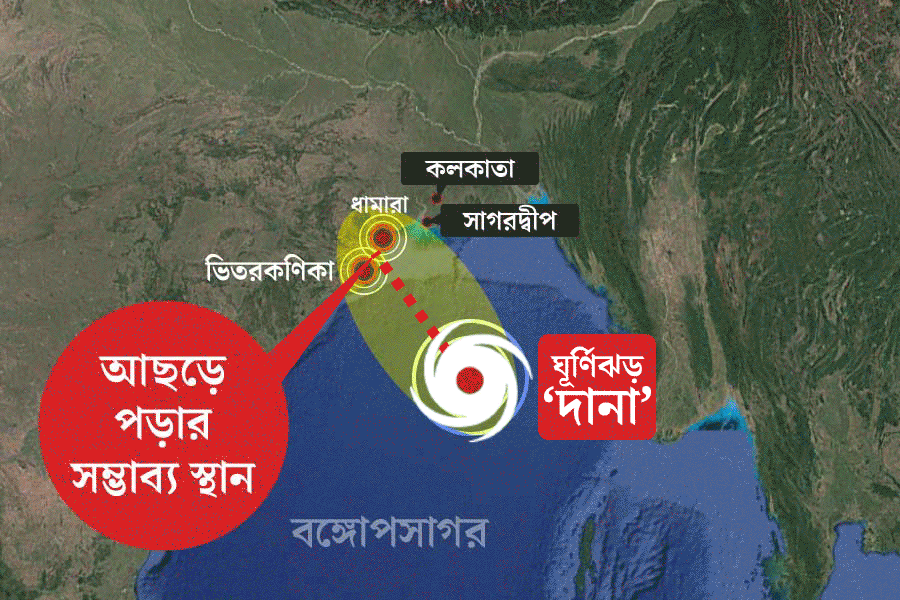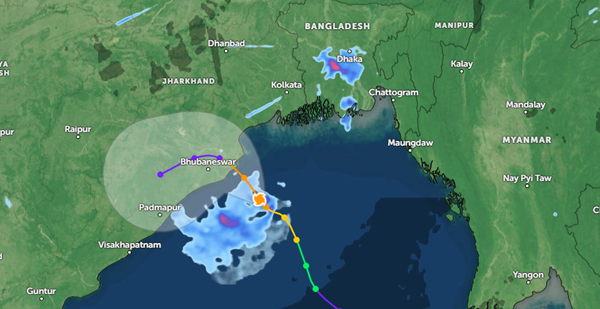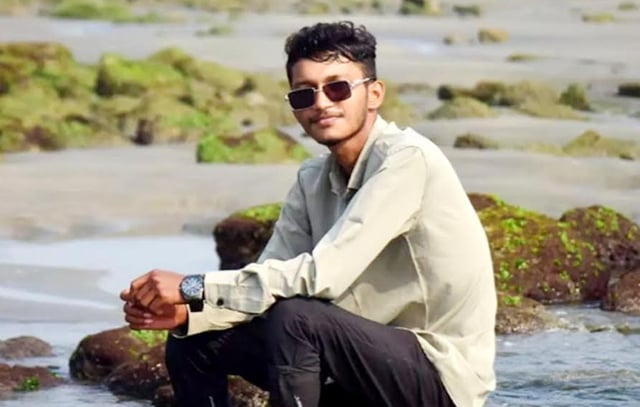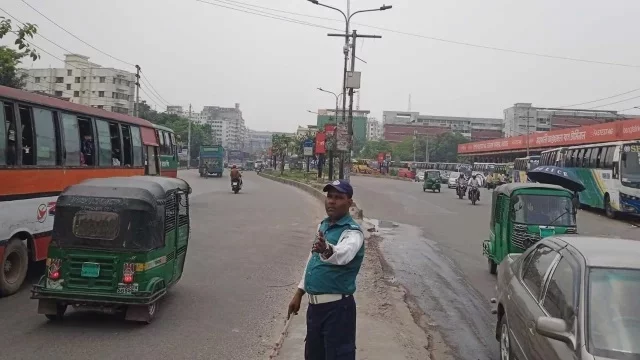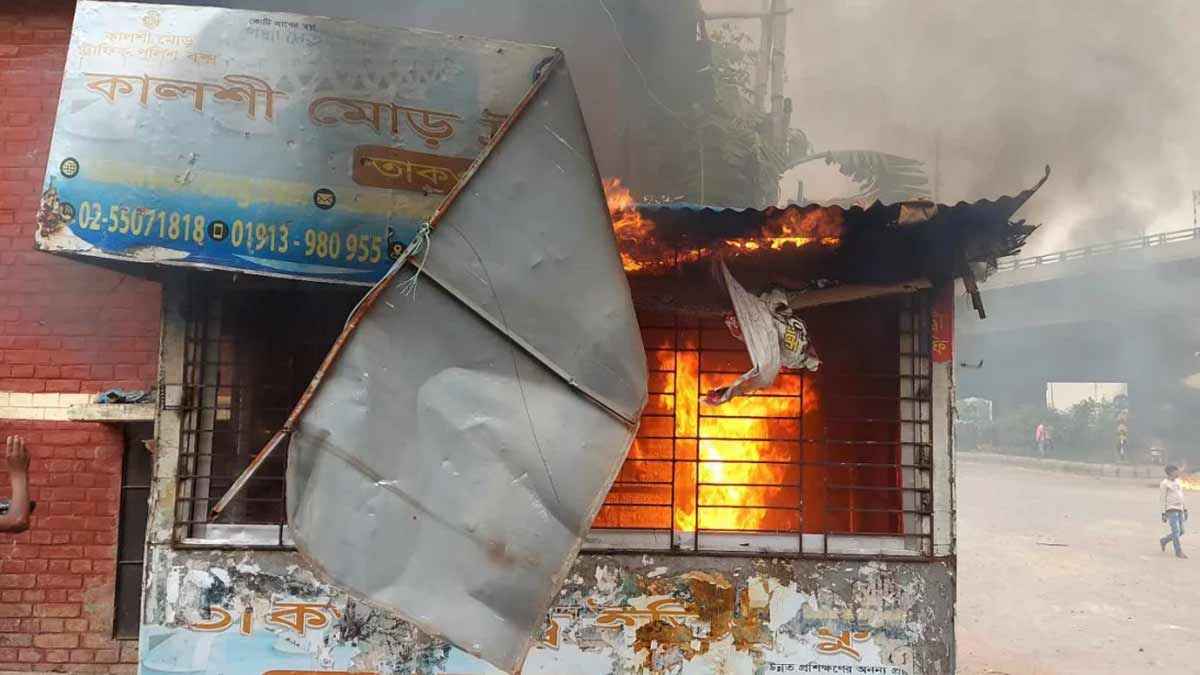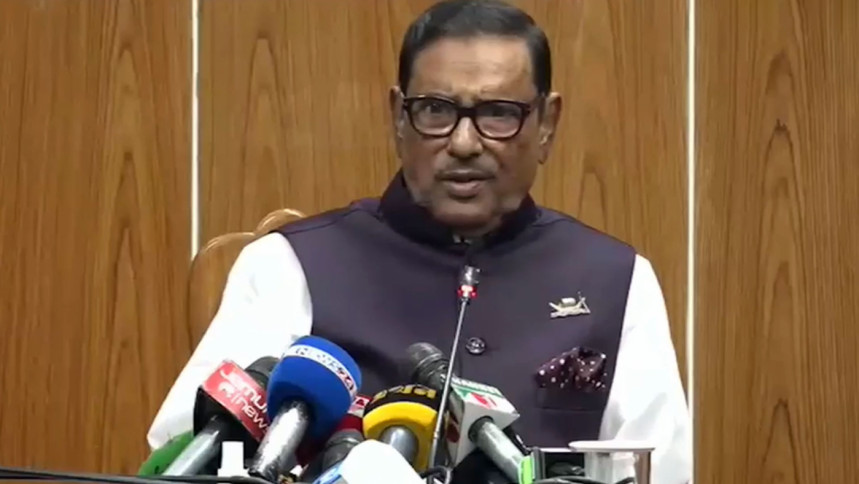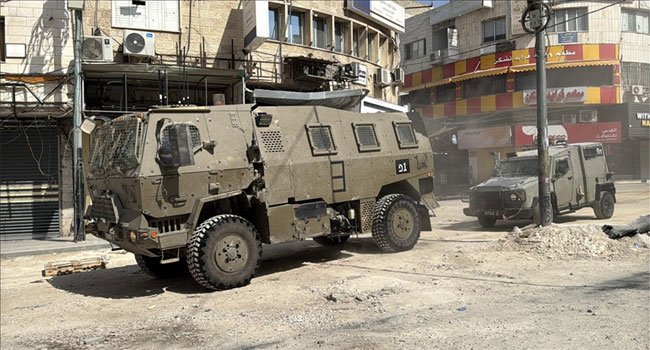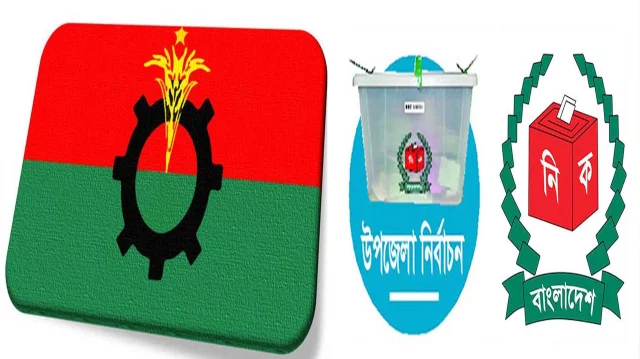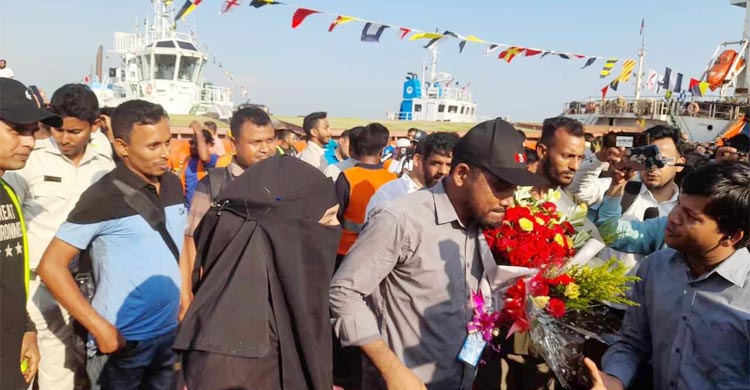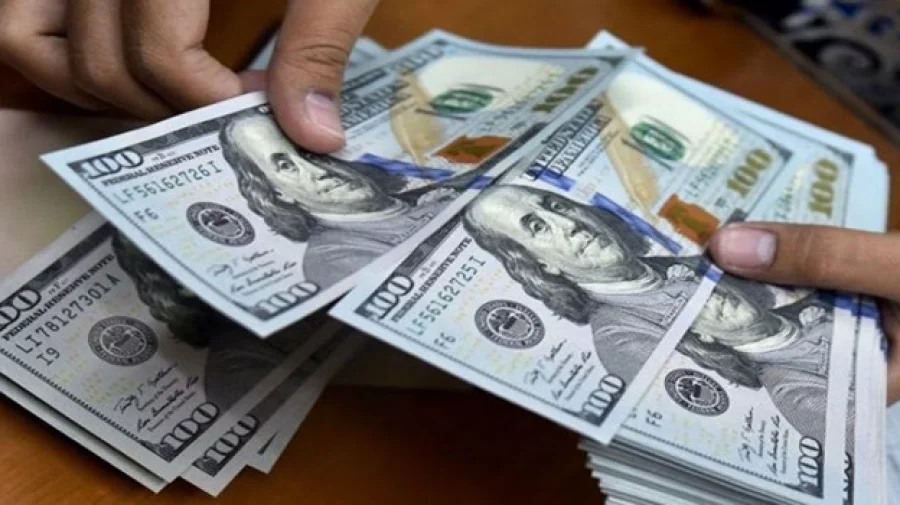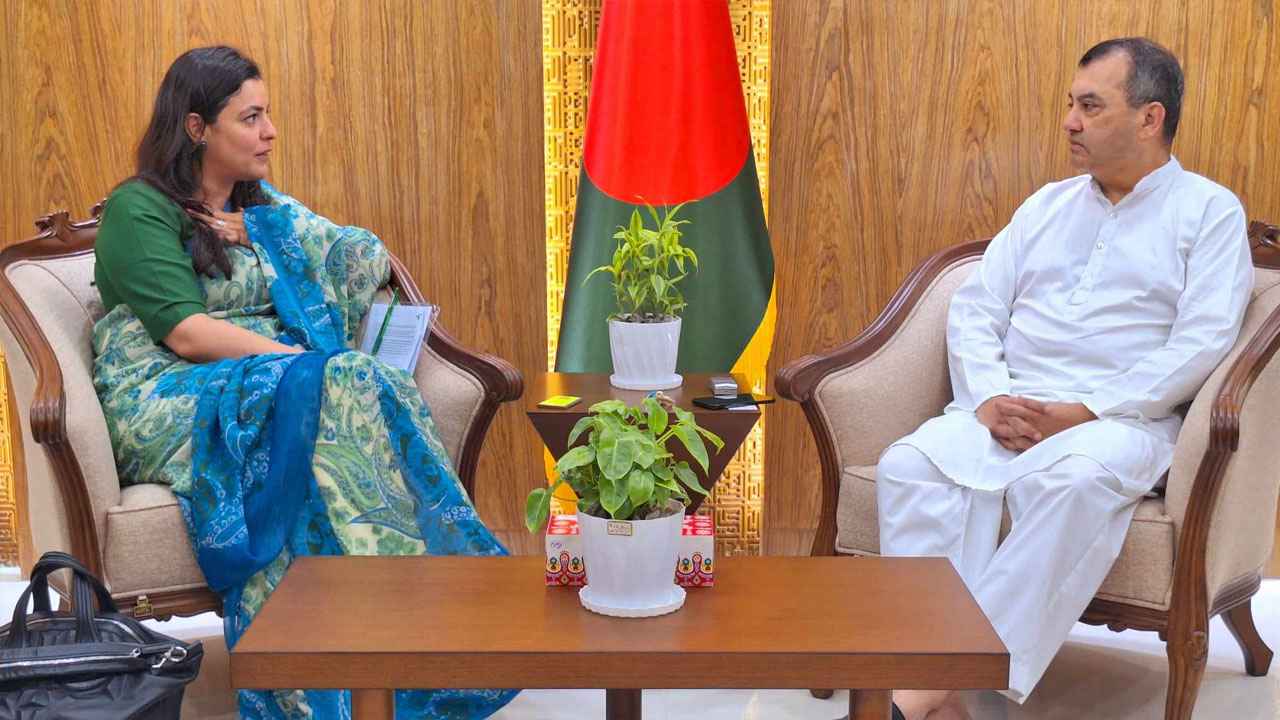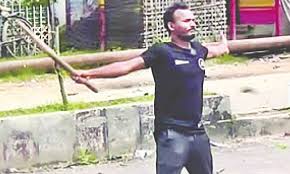
"Peace has not come to the country. Everything is the same as before. People are having to give their lives for reasons and reasons. Like me, many mothers' hearts are still empty," said Monowara Begum, the mother of Abu Sayeed, the first martyr of the July Uprising, sitting at her home in Babanpur village in Pirganj, Rangpur, on Tuesday.
As they spoke, regret fell from Monowara Begum's voice, "What happened to Abu Saeed's life? It would have been better to have sixteen hammers. The country has not been formed. It is exactly as it was before."
On July 16 last year, police opened fire on a student protest against discrimination in Rangpur. Abu Sayeed, a student of the English department of Begum Rokeya University, fought bravely, holding his hands out in front of the bullets, and died fighting back. When the video of the incident went viral on social media, the movement took on a different dimension. Students and the public from all over the country took to the streets. In the continuation of the bloody movement, Sheikh Hasina's 15-and-a-half-year authoritarian rule collapsed in the face of a mass uprising on August 5.
Standing next to Abu Sayeed's grave, father Maqbul Hossain told, "I wanted justice for my son's killers. But so far, only four have been arrested. All the rest are out. The government has not met our demand for justice for our son's murder."
He lamented, "The discrimination that my son gave his life to eliminate remains. BNP only wants elections. And Jamaat-NCP wants justice. We want a government that will provide good governance and not discriminate. The country will remain in peace."
Maqbul Hossain said that they received a one-time 10 lakh taka from the government. They have not yet received the promise of a monthly allowance of 20 thousand taka like the freedom fighters.
The mother is still living in turmoil after losing her son who was studying at the university. What she remembers the most is the murderous fight between Abu Sayeed and his younger sister Sumi. Monowara Begum continued in a choked voice that Abu Sayeed loved Sumi very much. Sumi also understood nothing except her brother. When she came home from university, she would call Sumi first. Sumi would bring whatever she wanted to eat from the market and rest. She would also ask me, what do you want to eat, mother? I will buy it. How long has it been since I have not seen my brother and sister together; I cannot feed them. I will carry this sorrow with me for the rest of my life.
Monowara Begum said, 'My Abu Sayeed gave his life for the peace of the country and the people, for a better life. There has not been a single maktab in Abu Sayeed's name so far, where prayers would be offered! There has been no change in the country in the last one year. People are having to give their lives for reasons and reasons. Many mothers like me are still losing their hearts. Many children are losing their fathers, and wives are losing their husbands.'
Various programs on the martyrdom anniversary
On the occasion of the first martyrdom anniversary of Abu Sayeed and 'July Martyrs' Day', Begum Rokeya University authorities have taken various programs today, Wednesday. These include visiting the grave of martyr Abu Sayeed in Babanpur village of Pirganj, wearing black badges and mourning rally. The day-long programs include laying the foundation stone of the university's Shaheed Abu Sayeed Toran and Museum, laying the foundation stone of the Shaheed Abu Sayeed Memorial Monument in the Shaheed Abu Sayeed Square adjacent to the university, discussion meetings, painting competitions, prayers and Milad Mahfil.
Abu Sayeed's father Maqbul Hossain will be the chief guest at the discussion. Four advisors to the interim government - Professor Dr. Asif Nazrul, Professor Dr. Chowdhury Rafiqul Abrar, Syeda Rizwana Hasan and Faruk-e-Azam - will participate in the event. Representatives of 21 more martyr families will be present at the event, according to the university authorities.
